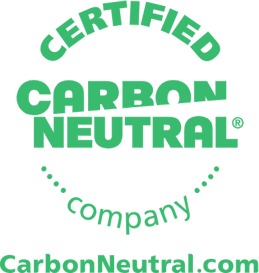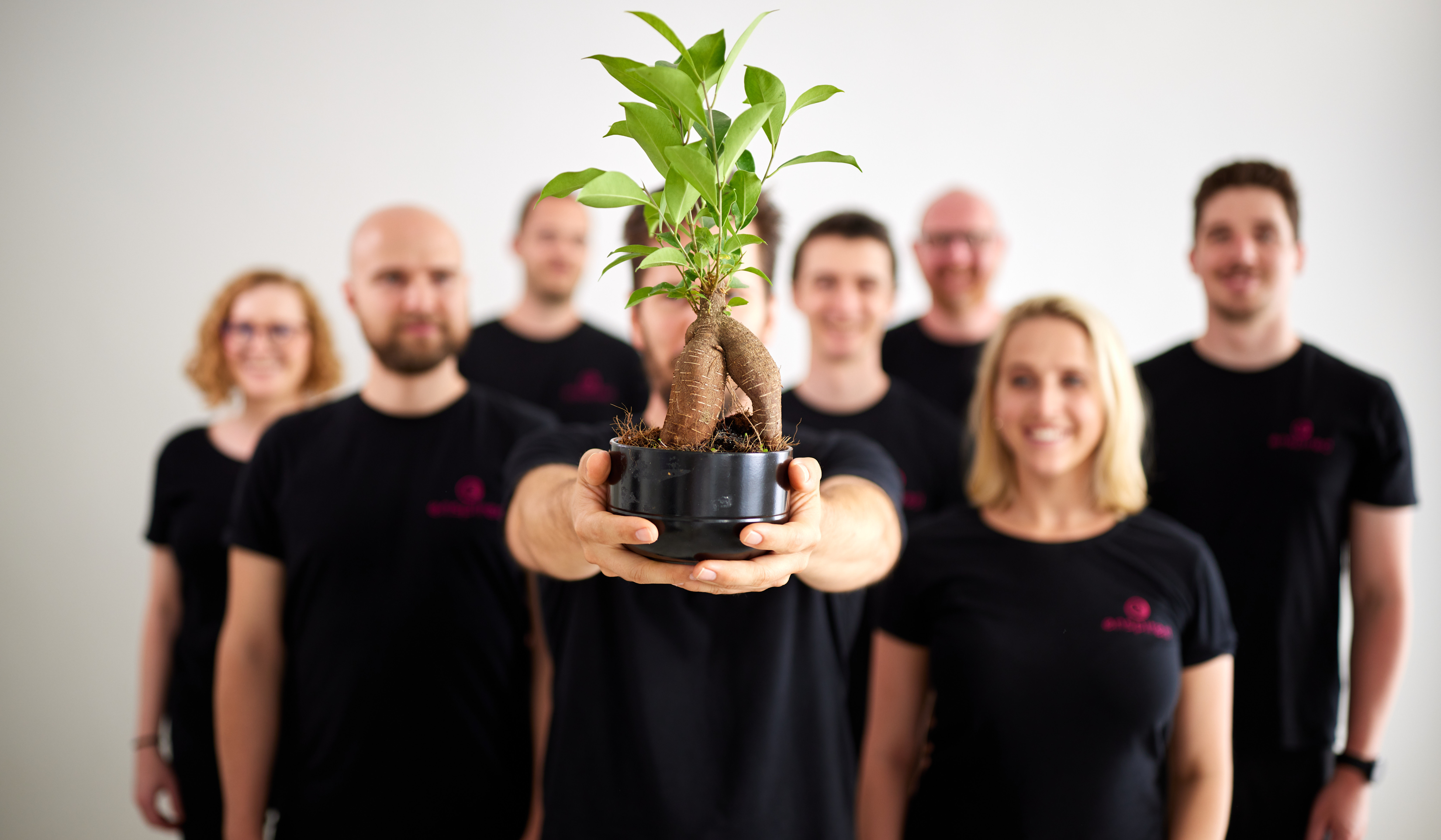Building a greener tomorrow
Extreme weather events, melting glaciers, rising sea levels, frequent droughts. These are only excerpts of a long list of consequences we're facing if we don't get our greenhouse gas emissions under control. But there is no need to mention this. We hear about the impending catastrophes every day on the news and see them unfold live on the internet and our surroundings. What matters now more than ever is the way we move forward with the awareness we have.
At enspired, sustainability is more than a sticker we slap on our website to make it look good. It's why we exist in the first place. Simply put, our service aims to minimize carbon dioxide emissions by bringing flexibility to the power markets to increase the share of renewables in the energy system. But our commitment goes beyond the daily business. And that's exactly what being a CarbonNeutral® certified company is all about. "Sustainability is ingrained in our DNA," says CCFO Cornelia Habetler. "From the services we offer to the products we use in the office to the benefits we give our employees – there's an ecological consciousness behind every element of our mission. Going paperless is only one of many initiatives we're taking towards a greener tomorrow."
Check out our Time for Climate Action campaign →

How do you reach carbon neutrality?
The CarbonNeutral® company certification process considers internal carbon management plans for the reduction of CO2 emissions and compensation strategies for residual GHG emissions. To achieve CarbonNeutral® company certification, we are working with Climate Impact Partners, a specialist in carbon market solutions for climate action. enspired underwent an independent assessment of the greenhouse gas emissions from electricity consumption, transportation, water use and waste production. In addition, enspired reduces emissions internally by
- promoting remote work and home office options
- reimbursing employees for annual public transport passes
- using green energy
- providing free plant-based and minimal-waste lunches
- offering Fairtrade food and coffee
- compensating personal carbon footprints of employees
- sourcing sustainable materials for merch items
- going paperless where possible
- educating our team on eco-friendly behaviors
- encouraging industry colleagues to follow sustainable practices
- hosting clothes swap meetings as an alternative to fast fashion shopping
To meet our carbon-neutral goal, our offsetting program delivers financial support to emission-reducing projects in an effort to accelerate the transition to a low-carbon global economy. All projects are independently verified to guarantee emission reductions are occurring. This ensures the highest environmental integrity in our commitment to have an immediate, positive effect on the climate.
Follow us on LinkedIn and sign up for our newsletter to stay on top of the latest developments in the energy revolution.
